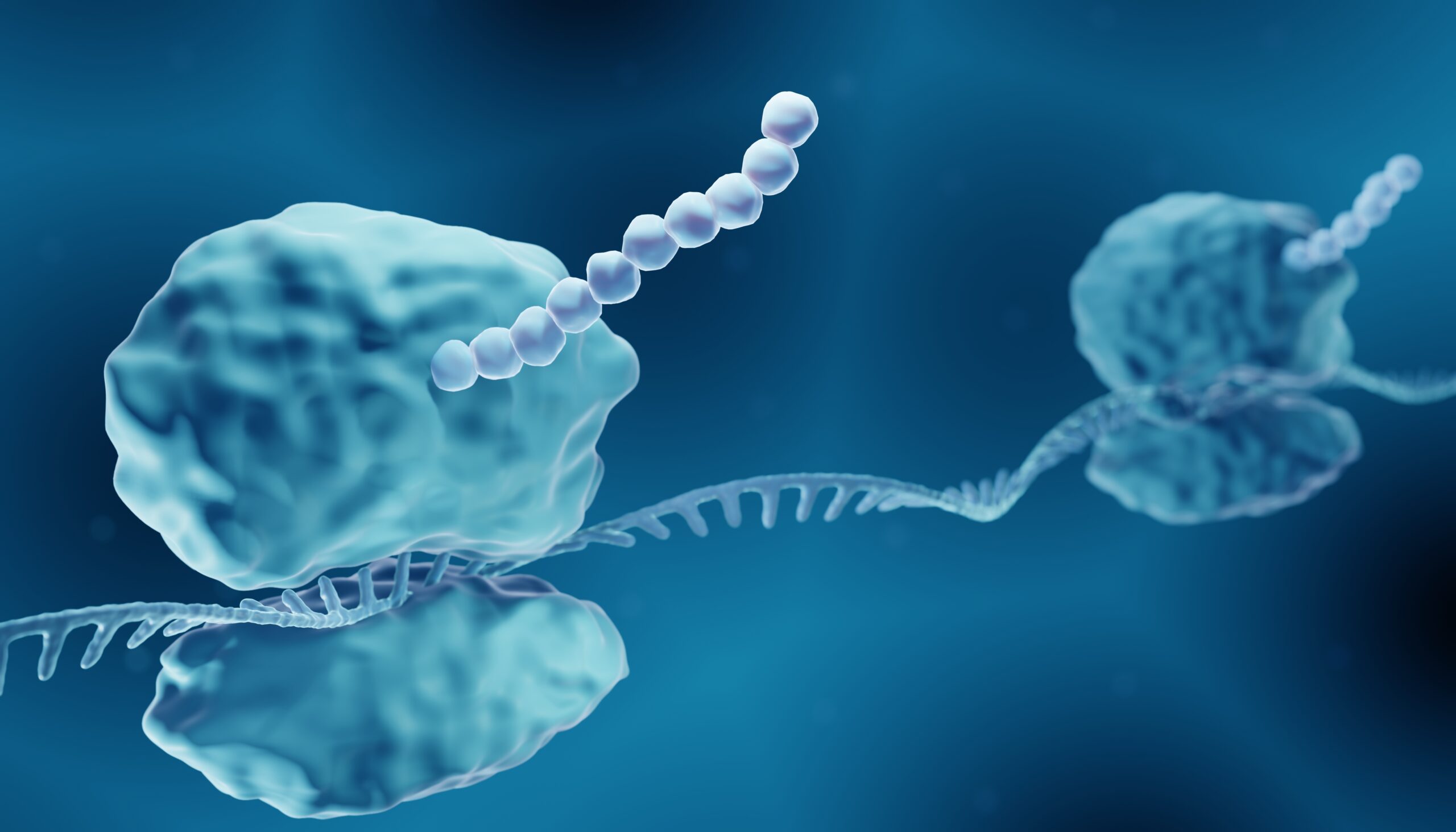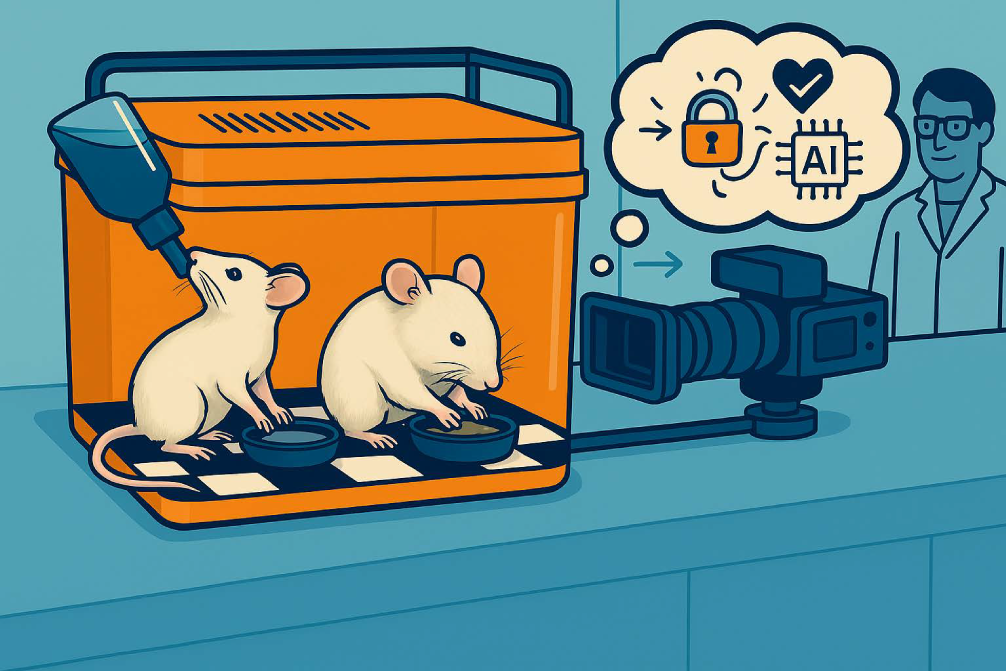Scientists link sex development disorders to faulty gene Mutations in a gene called MAP3K1 play a key role in sex development disorders, according to new research by the Medical Research Council (MRC). This new discovery adds to the genes already known to influence a range of sexual development disorders. Researchers hope that they will be able to intervene earlier with treatments that will enable healthy puberty and fertility in later life by screening for this range of genes. PUBMED link http://www.ncbi.nlm.nih.gov/pubmed/21129722 Journal link http://www.cell.com/AJHG/abstract/S0002-9297(10)00590-2 Whether an embryo develops into a male or female depends upon a complex set of interacting genes. These genes trigger an embryo’s reproductive organ, the gonad, to turn into a testis or an ovary. The scientists at MRC Harwell, collaborating with New York University, found that a mutation in MAP3K1 can cause someone with a Y chromosome, predicted to develop as a male, to instead develop as a female or as a male with characteristics on the spectrum between the two sexes. Scientists studied two families from France and New Zealand affected by a heritable form of sex development disorder, including several women who had the chromosome set that predicted they would be male (XY) and men who had problems with sex development. Detailed analysis of the families’ DNA located the position of the defective gene to a particular chromosome region. The scientists at MRC Harwell then used mice, which share 90 per cent of genes with humans, to investigate further and highlight one likely genetic culprit – MAP3K1. Scientists found affected individuals had a mutation of this gene. Dr Andy Greenfield from MRC Harwell, who led the UK arm of the study, explains: “Disorders of sexual development affect approximately one person in every thousand worldwide and can lead to lifelong emotional and health problems. We’re extremely grateful to the families who have helped us to progress our understanding of these disorders. By unravelling the building blocks of how our sex is determined in the womb it can help us to combat disease such as infertility and gonadal tumours, which other research has shown are more common in patients with the faulty MAP3K1 gene.” Dr Harry Ostrer from the New York University School of Medicine and the senior study author, said: “This discovery reassures patients and their families that there is a cause. It also means we’re a step closer to developing future treatments to prevent the cancers common to this group of patients.” The paper, Mutations in MAP3K1 Cause 46,XY Disorders of Sex Development and Implicate a Common Signal Transduction Pathway in Human Testis Determination is published today in the American Journal of Human Genetics. The research was carried out by an international team of clinicians and geneticists at the MRC Mammalian Genetics Unit at Harwell, New York University School of Medicine, Murdoch Children’s Research Institute (Australia) and the Centre Hospitalier Universitaire de Nante in France. For more information or to arrange an interview with Dr Andy Greenfield, please contact the MRC Press Office on 0207 395 2345 or email press.office@headoffice.mrc.ac.uk Notes to Editors: 1. For almost 100 years the Medical Research Council has improved the health of people in the UK and around the world by supporting the highest quality science. The MRC invests in world-class scientists. It has produced 29 Nobel Prize winners and sustains a flourishing environment for internationally recognised research. The MRC focuses on making an impact and provides the financial muscle and scientific expertise behind medical breakthroughs, including one of the first antibiotics penicillin, the structure of DNA and the lethal link between smoking and cancer. Today MRC funded scientists tackle research into the major health challenges of the 21st century. www.mrc.ac.uk



